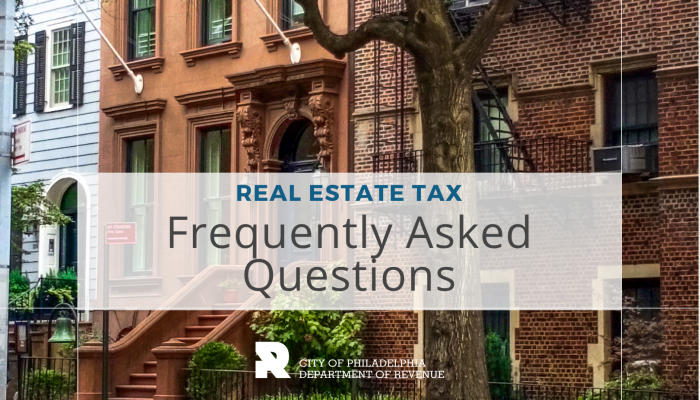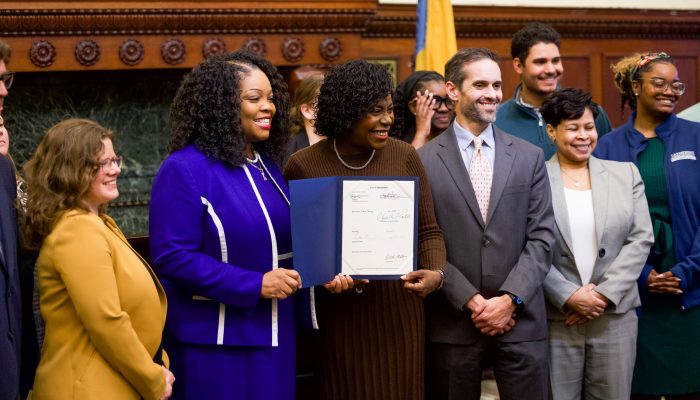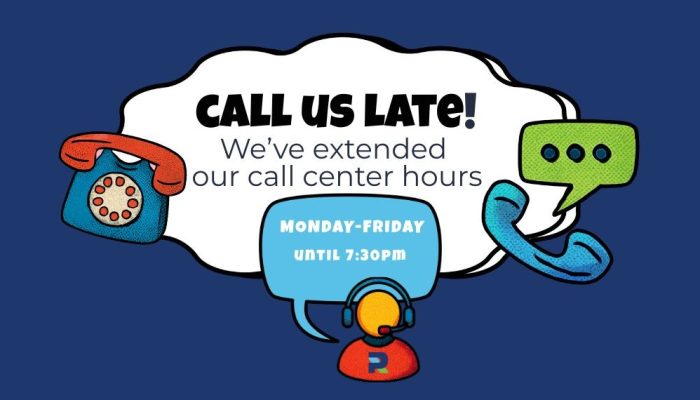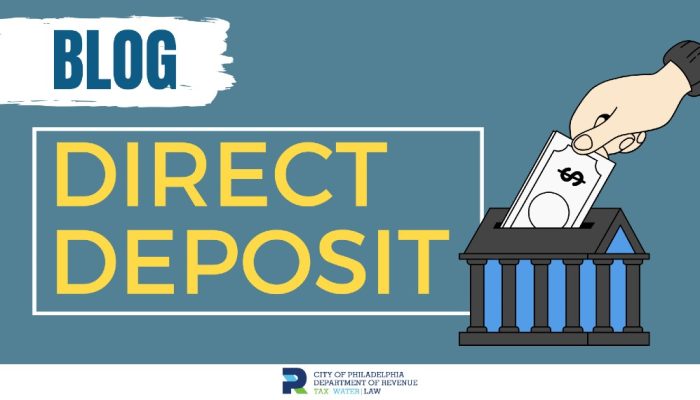The vast majority of Philadelphia homeowners pay their property taxes on time, while others get help lowering their bills or paying them in installments, but not everyone understands how the City’s Real Estate Tax works. To make things clearer, here are some answers to your most frequently asked questions:
-
Who pays property taxes and what are they used for?
Anyone who owns a residential or commercial property in Philadelphia must pay the City’s Real Estate Tax. Property taxes fund essential City services like the school district, parks and recreation, police and fire departments.
-
When are property taxes due and how are they calculated?
Property taxes are due once a year, on March 31. We’ll send you a bill every December. Your taxes are calculated based on your property’s assessed value, which is determined by the Office of Property Assessment (OPA).
Your annual tax bill is determined by multiplying your property’s assessed value by the Real Estate Tax rate (the 2025 rate is 1.3998%). The tax rate is a combination of two separate taxes imposed on all real estate in Philadelphia: one by the City and one by the School District. For example, if your property is assessed at $114,400, your bill would be approximately $1,601 ($114,400 x 0.013998).
-
What if I don’t get a bill?
You still have to pay your property taxes, even if your bill gets lost or delayed. The Philadelphia Tax Center makes it easy to view and pay your balance online. Alternatively, you can print your bill online, but you’ll need a username and password. When you’re logged in, go to the “More options” tab, then pick “View letters” in the “Letters” panel to obtain a copy. If you don’t have a username and password, you might want to create one now! You don’t need a username and password to pay taxes online, or to print a payment voucher to pay by mail.
-
Where can I pay my bill?
You can pay in four ways–online is the fastest. You don’t need a username and password, but if you own or manage multiple properties, you might want to create one. With it, you can see all your balances in one place. You can also pay by phone by calling (833) 913-0795. You can even pay in person at one of our three municipal services centers. If you’d rather mail your payment, here’s the address:
Philadelphia Dept. of Revenue
P.O. Box 8409
Philadelphia, PA 19101-8409
Tip: Make sure to include your payment voucher or write your OPA number on the memo. You can print a payment voucher by searching for your address on the “property” panel on the Philadelphia Tax Center.
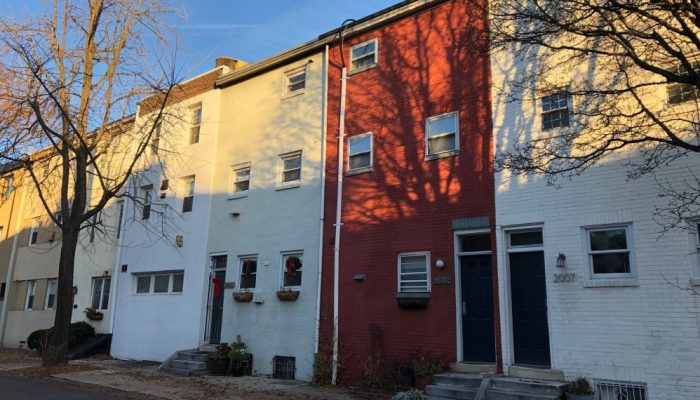
-
Is everything due at once?
It’s best to pay in full, but if you’re a senior or low-income homeowner, you can pay in installments. If you don’t qualify for the Installment program, call (215) 686-6442 to set up an Owner-Occupied Payment Agreement (OOPA) or a payment plan. These programs help pay your bill monthly instead of all at once.
-
What if I don’t pay on time?
If you don’t pay by March 31, it becomes past due on April 1 and begins to accrue interest. If you don’t pay, your account might be sent to a collection agency. Keep in mind that you can get relief if you live in your home. Your account becomes delinquent on the following January 1 if you don’t pay, enroll in an assistance program, or set up a payment plan by December 31. At that point, the City can put a lien on your property and add legal fees to your account.
-
What if my mortgage company had to pay my taxes?
If you have a mortgage, your taxes are probably already included in your monthly payments. So you won’t get a bill from us. If your mortgage company doesn’t collect and pay the tax for you, you’re responsible for paying it by the March 31 deadline.
-
What should I do if I can’t afford my taxes?
You should contact us for help lowering your bill or paying it in installments. We offer several assistance programs and payment plans for owner-occupied properties. All homeowners can get the Homestead Exemption, which reduces your home’s taxable value by $100,000 every year, saving you up to $1399 a year. There’s the Longtime Owner Occupant Program (LOOP), which caps a home’s assessed value at a certain amount for as long as the owner remains eligible. There’s also the Senior Tax Freeze and the Low-income Tax Freeze. Both programs help vulnerable homeowners freeze their bills so they pay the same every year. You can find all our property relief programs on our website.

